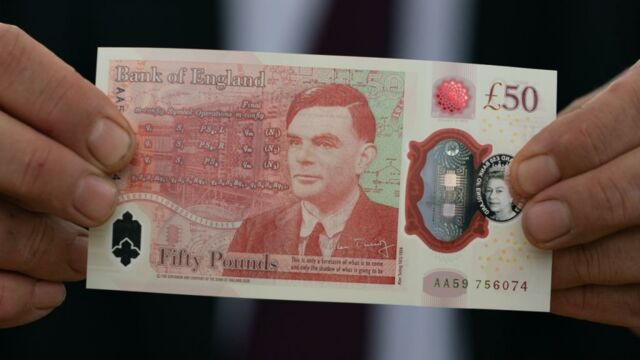Are you still using paper £20 and £50 notes? You have just over three weeks left before you won’t be able to use them anymore.
Discover our latest podcast
Use or deposit your paper banknotes now
The Bank of England has announced that paper £20 and £50 banknotes will only be in circulation and have legal tender status until 30 September, as reported by News Shopper. The Bank is urging anyone in possession of these notes to use them or deposit them at their bank or a Post Office prior to the end of September.
Although most paper £20 and £50 banknotes in circulation have been replaced with the new polymer versions, there still remains over £6 billion-worth of paper £20 banknotes and more than £8 billion-worth of paper £50 banknotes in circulation. That’s over 300 million individual £20 banknotes, and 160 million paper £50 banknotes.
The paper £20 banknotes feature economist Adam Smith, while the paper £50 banknotes feature entrepreneur Matthew Boulton and engineer James Watt.
In June last year, the Bank first released the new polymer £50 banknote which features mathematician and computer scientist Alan Turing. The World War II Enigma codebreaker is the first LGBTQ+ person to feature on a British banknote, as reported by inews.
this is the new £50 note featuring scientist Alan Turing. It includes his date of birth in binary, a foil pattern with a microchip, and the Automatic Computing Engine Pilot Machine Turing designed. It looks awesome 🌈 https://t.co/v5kq4tFEVVpic.twitter.com/8WAxe9Wanw
— Tom Warren (@tomwarren) March 25, 2021
The benefits of plastic money
The release of the new polymer £50 banknotewas the final stage of converting the Bank’s entire collection of currently-printed banknotes to plastic for the first time, as reported by the BBC. The Bank of England’s chief cashier Sarah John said in June, as per News Shopper:
Changing our banknotes from paper to polymer over recent years has been an important development, because it makes them more difficult to counterfeit, and means they are more durable.
The majority of paper banknotes have now been taken out of circulation, but a significant number remain in the economy, so we’re asking you to check if you have any at home.
...These can still be used or deposited at your bank in the normal way.
Plastic banknotes are also waterproof, which means if you accidentally leave them in your pocket, they can survive being put through the washing machine.
The invention of plastic money
The world's first modern polymer banknotes were developed by the Reserve Bank of Australia in collaboration with the Commonwealth Scientific and Industrial Research Organisation (CSIRO), as reported by the Museum of Applied Arts and Sciences. They were first issued as currency in Australia in 1988, and in 1996 Australia became the first country to have a full series of polymer banknotes in circulation.
Read more:
⋙ Having money anxiety? Here's how to cope
⋙ £2,000 of free cash offered by the government, here’s how to get it















